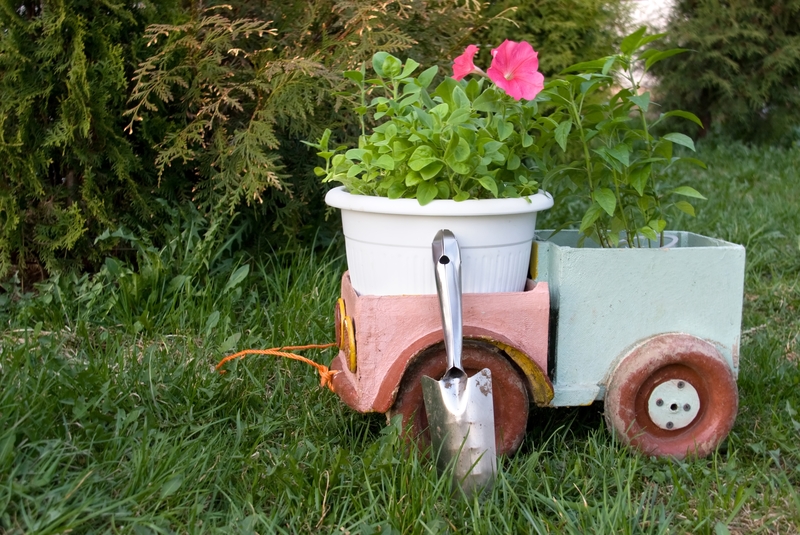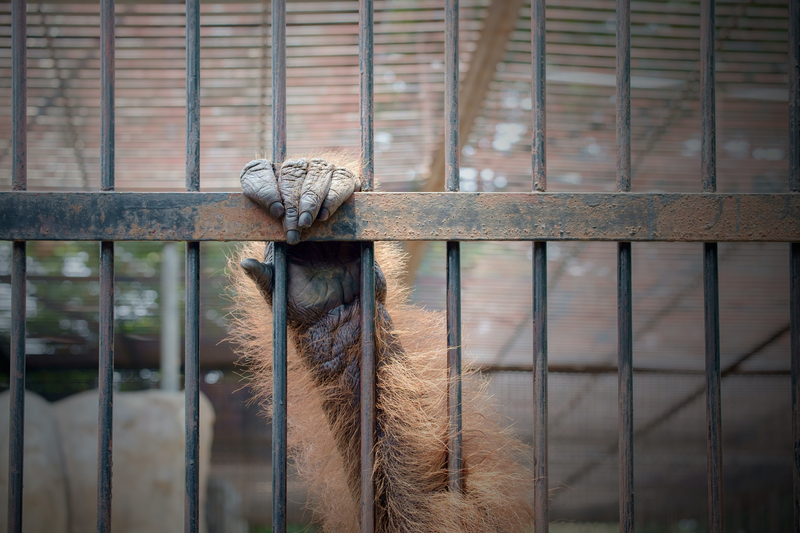Posted on 07/08/2024
The Growing Environmental Concern of Disposable BBQs
The summer season brings families and friends together for picnics, camping trips, and outdoor grill parties. Among the essential items packing for these activities, disposable BBQs often come to mind due to their convenience and low cost. However, their environmental impact is becoming a significant concern. The single-use nature of these BBQs leads to a plethora of issues ranging from littering to fire hazards and ecological damage. Hence, it's time to consider alternatives to replace disposable BBQs.

Why Replace Disposable BBQs?
Disposable BBQs are attractive due to their convenience, but they are not without their drawbacks. They are made predominantly from aluminum and contain charcoal, both of which are resource-intensive to produce. After their single-use, many people neglect to dispose of them properly, resulting in increased landfill waste and pollution.
Environmental Impact
The environmental consequences of disposable BBQs extend beyond just waste. The manufacturing process involves a considerable amount of energy and resources. Additionally, the leftover charcoal often contains chemicals that can be harmful to local wildlife if not disposed of correctly.
Health Concerns
In addition to environmental repercussions, disposable BBQs can also pose health risks. The lower quality of these products often leads to uneven cooking temperatures, which can result in undercooked food--a significant health hazard. Furthermore, the chemicals used in quick-light charcoal can emit harmful fumes, reducing air quality and affecting respiratory health.
Alternatives to Disposable BBQs
Thankfully, there are numerous more sustainable and healthier alternatives to disposable BBQs:
1. Portable Gas Grills: These are an excellent long-term investment. They are compact, easy to transport, and require minimal setup time. Additionally, they offer consistent cooking temperatures.
2. Reusable Charcoal Grills: For those who prefer charcoal flavor, there are portable and reusable options that are more eco-friendly. You can invest in cleaner, sustainably sourced charcoal as well.
3. Electric Grills: For those with access to electrical outlets, electric grills are a great option. They are energy-efficient and provide even heating, ensuring food is cooked thoroughly.
4. Solar Grills: These grills use solar energy to cook food, making them one of the most eco-friendly options available. They are great for sunny days and offer a unique, smokeless cooking experience.
5. Community BBQ Stations: Some parks and recreational areas offer communal BBQ stations. These are typically well-maintained and eliminate the need to bring your own BBQ setup.
How to Make the Switch
Making the switch from disposable BBQs to more sustainable options can be a seamless process. Here are some practical tips:
1. Research and Compare: Look into the various reusable options available and weigh their pros and cons based on your specific needs.
2. Invest in Quality: Although the initial investment may be higher than that of disposable BBQs, the long-term savings and environmental benefits are worth it.
3. Learn Proper Maintenance: Understanding how to clean and maintain your grill will ensure it lasts longer, providing better value over time.
4. Join Local Groups: Many communities have groups focused on environmental sustainability. Joining such a group can provide insights, recommendations, and even discounts on eco-friendly products.
Pros and Cons of Replacing Disposable BBQs
Pros:
- Environmental Benefits: Reduced waste and lower resource consumption.
- Cost-Effective: Long-term savings due to the reusable nature.
- Healthier Cooking: More consistent cooking temperatures and reduced exposure to harmful chemicals.
- Better Taste: Higher quality grills often provide better heat control, resulting in tastier meals.
Cons:
- Initial Cost: Higher upfront costs can be a deterrent for some.
- Maintenance: Requires regular cleaning and upkeep.
- Portability: Some reusable options might be bulkier than disposable ones.

Key Takeaways
Switching from disposable BBQs to more sustainable alternatives has numerous benefits, including reducing environmental impact and providing healthier cooking options. While there might be some challenges in terms of initial cost and maintenance, the long-term advantages make it a worthwhile transition.
Conclusion
The time has come to replace disposable BBQs with more sustainable, eco-friendly alternatives. By making more conscious choices, we can reduce our environmental footprint and enjoy healthier, tastier meals. Whether you opt for portable gas grills, reusable charcoal options, or even solar-powered BBQs, the benefits far outweigh the inconveniences. Start your journey towards more sustainable grilling today and make your next outdoor gathering one to remember for all the right reasons.
Latest Posts
Tips for Proper Disposal of Regular Waste
Garbage Cleanup Bags - Efficient Skip Substitute

































 Get a Quote
Get a Quote